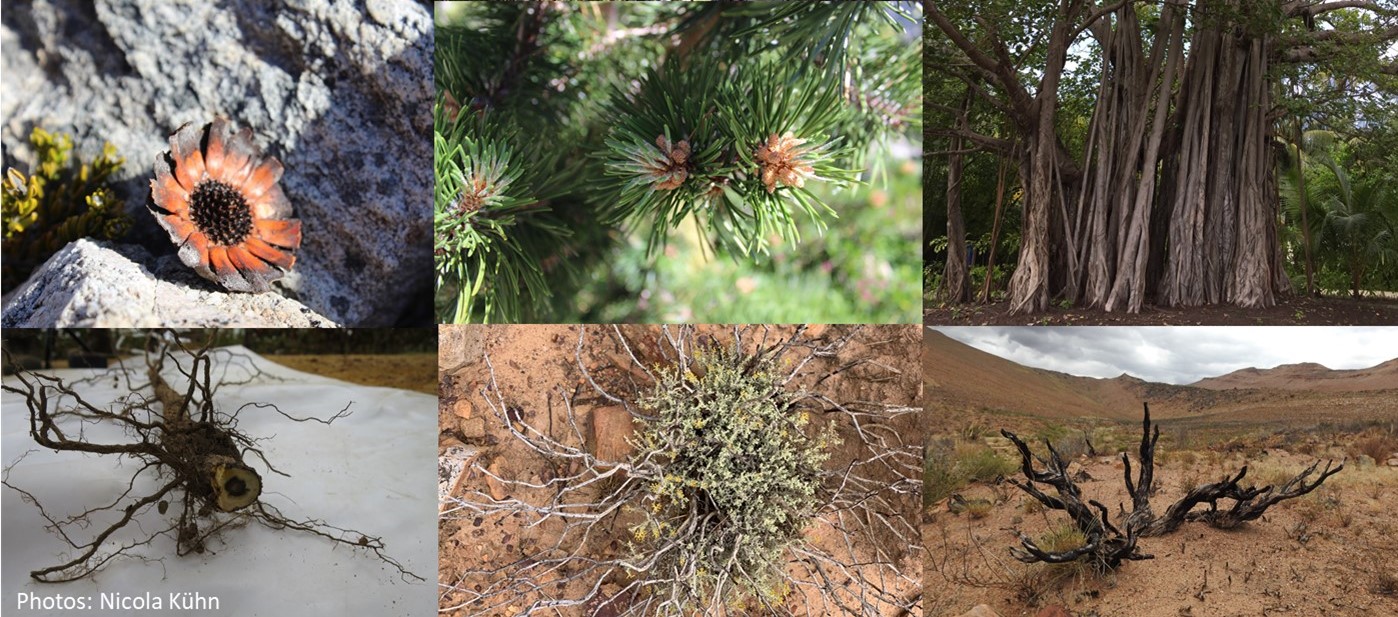Do flying cows have to pay a carbon offset?
October 26, 2021
Last week I learnt an interesting fact relating to carbon offsets when flying – if you fly business class you need to pay x 2.5 more carbon offset because of the additional space that you take up. This made me start to wonder, therefore, about the new international trade deals that the UK are signing with Australia and New Zealand. Whilst these are being heralded as new and exciting times for enhancing our international markets, not least the importation of New Zealand and Australia beef and lamb, we hear surprisingly little about the associated carbon footprint. Admittedly the meat from these animals usually travels by ship – but there is still a considerable carbon footprint associated with shipping and therefore the point is still relevant – does this travelling meat have a carbon offset associated with it?
I ask this in particular, because while on the one hand, the UK government are encouraging farmers to reduce their impact on the environment and make their farming processes as close to net zero as possible by enhancing carbon storage and the natural capital assets of their land – on the other, we are signing deals to import large amounts of meat produced half the way around the world, which may well undo all the good work done.
Much research is going on in OxLEL specifically focused on determining how we can manage our landscapes to enhance carbon storage – yet at the same time produce food, enhance biodiversity, reduce flood risk, and improve the quality of natural spaces for physical and mental wellbeing. These DPhil projects include, for example, the work of Matthew Jordon, looking at the carbon sequestration potential associated with different regenerative farming techniques (see link ) to Nancy Burrell’s work, determining how much carbon storage occurs when you rewild agricultural landscapes (see link). Francesco Pelizza is examining the potential role of creating woody dams on rivers on agricultural land to reduce downstream flood risk and enhance aquatic biodiversity (see link), and David Benz is using artificial intelligence to determine how to improve ecosystem service provision in England’s public forests by maximising flood prevention and recreational use (see link). These four DPhil projects represent a tiny fraction of the research currently going on in the UK to find the most scientifically robust and pragmatic solutions to manage UK landscapes in order to deal with both the biodiversity crisis AND the climate crisis. These are also key drivers behind the the UK Environment Bill and the Government’s Environmental Land Management Schemes.
However, this is not just a UK commitment, it is a global commitment – and one that was discussed at the first stage of the UN Biodiversity Conference’s (COP15) virtual meeting from Kunming two weeks ago. The Kunming Declaration, which more than 100 countries have signed including the UK, noted that “a combination of measures is needed to halt and reverse the loss of biodiversity, including actions to address land and sea use change, enhance the conservation and restoration of ecosystems, mitigate climate change, reduce pollution…”. I would suggest that moving frozen carcasses from half-way around the world, in shipping powered by heavy fuel oil is possibly the opposite to what is being proposed in this declaration. We urgently need more joined up thinking between different UK Government departments to incorporate environmental considerations into government trade policy.
Also on the Blog...
Globally important plant functional traits for coping with climate change
By Nicola Kühn on December 1, 2021

“Look closely at nature. Every species is a masterpiece, exquisitely adapted to the particular environment in which it has survived.” E.O.Wilson From the early Greek philosophical musings of Empedocles and Aristotle ... Continue reading
The value of systematic evidence synthesis for land use decision-making and practice
By Dr Gillian Petrokofsky on November 9, 2021
Systematic evidence syntheses were adopted in environmental management and conservation in 2006 “to promote and deliver evidence syntheses on issues of greatest concern to environmental policy and practice as a ... Continue reading
Do flying cows have to pay a carbon offset?
By Professor Katherine J. Willis on October 26, 2021
Last week I learnt an interesting fact relating to carbon offsets when flying – if you fly business class you need to pay x 2.5 more carbon offset because of ... Continue reading
Ancient Plants, New Approaches
By Anna Lee-Jones on September 29, 2021
Encased within the unique Ryhnie Chert fossil system are some of the best-preserved early land plants in the world. Using pioneering digital technologies, we were able to reveal the developmental ... Continue reading
The Spanish Conquest & the Forests of Guatemala.
By Dr. William J. Harvey on July 12, 2021
Following the Spanish conquest of the territory that is now modern Guatemala (1524–1541 CE), the anthropogenic use of land use was radically transformed to support livestock husbandry, agriculture, large-scale timber extraction, mining, ... Continue reading
